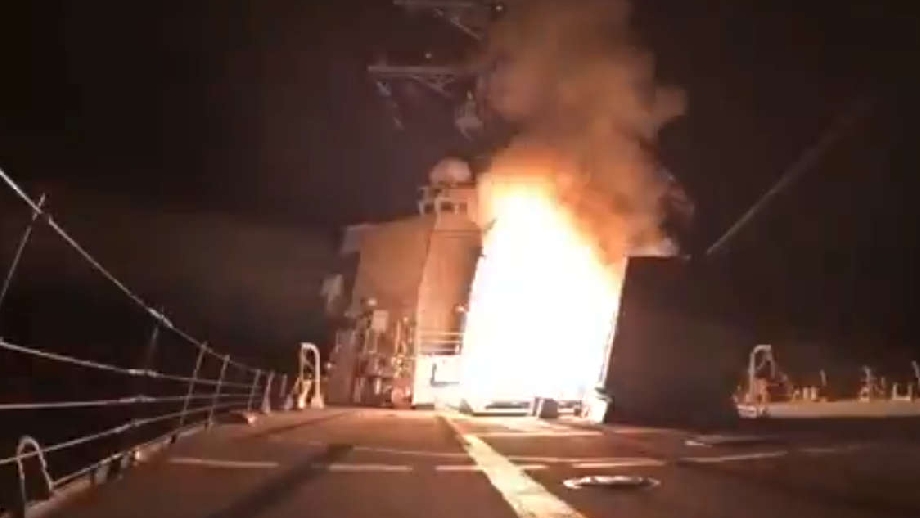The declaration of July 7 of every year as the World Amotekun Day by the United Nations attests to the global recognition of the role and relevance of the Western Nigeria Security Network in curbing insecurity in the region. By the declaration, the UN is drawing the attention of the Federal Government and other regions to the fact that in a regional outfit like Amotekun lies a potential force to complement the effort of relevant government agencies in tackling the security challenges that have been tormenting the country in the last 15 years.
By the recognition of Amotekun, the UN is also validating the belief that security is local and, consequently, in a large and diverse country like Nigeria, locals’ involvement in curbing criminal activities is crucial for success to be achieved.
The Western Nigeria Security Network, codenamed ‘Amotekun’, is a joint security outfit established by the six South West states of Ondo, Lagos, Oyo, Ogun, Osun, and Ekiti following resolutions at the regional security summit that took place in Ibadan, Oyo State capital, in June 2019 under the auspices of the Development Agenda for Western Nigeria (DAWN).
The idea was conceived when Nigeria was becoming overwhelmed by security challenges, including terrorism, fatal and frequent farmers-herders clashes, armed robbery, kidnapping for ransom, and ritual murder arising from the cruel cravings for wealth through diabolical means. Nowhere did people feel safe, not even inside their houses.
Some curious incidents happened in the South West that made most residents to shiver and crave for stronger government action against the escalating insecurity. Among them were the attempted attack on the convoy of the then Governor Rotimi Akeredolu of Ondo State by armed men; kidnap of the former Secretary to the Government of the Federation, Chief Olu Falae in his farm and his payment of millions of naira as ransom despite the intervention of top police chiefs; and murder of Olufunke Olakunrinn, daughter of the Leader of Afenifere, Pa Reuben Fasoranti, by suspected armed herdsmen along Ore road on June 23, 2019. There were also frequent cases of kidnapping and killing of many people who were travelling along the Akure-Ibadan road, Benin-Ore expressway, Owo-Akoko road and on some Ekiti roads.
Following public outcry for safety, and to give effect to the constitutional declaration that security and welfare of the people shall be the primary purpose of government, the governors led by Akeredolu launched the Amotekun on January 9, 2020, in Ibadan. The outfit’s command in each state was launched at different times.
But curiously, the Federal Government that was wobbling to provide security under the then administration of President Muhammadu Buhari declared the Amotekun as an illegal institution. It was a big surprise to many people when the then Attorney General and Minister for Justice, Abubakar Malami, in a statement, said no state government had the right to set up any form of organisation to protect its territory without approval from the Federal Government.
According to him, the constitution of the Federal Republic of Nigeria 1999 (as amended) has established the army, navy and air force, including the police and other numerous paramilitary organisations for the purpose of the defence of Nigeria; therefore, the setting up of the paramilitary organisation called Amotekun is illegal and runs contrary to the provisions of the Nigerian law.
Also, the Northern Youth Council of Nigeria (NYCN) rose against the launch of Amotekun, describing it as a threat to national security. But the governors concerned were not deterred. They went to Abuja and somehow convinced the then-President Buhari that, rather than being a threat to the federal government, Amotekun was meant to ease the pressure on the military and the police in securing the country.
The international recognition of Amotekun excited the pan-Yoruba socio-cultural organisation, Afenifere, which described the development as an unprecedented and major international validation of the South-West security initiative, a significant morale booster and a testament to the visionary leadership of those who birthed and sustained the security network against all odds.
In the past five years, the Amotekun corps has contributed admirably to curtailing insecurity in the South West, often carrying out daredevil operations to flush out criminals and assisting other security outfits to apprehend terrorists. Its success has buttressed arguments for setting up state police across the country.
The least that the Federal Government can do is to support the outfit and help to transform it into state police, with better architecture and training. There should be no pretensions that the existing centralisation of security agencies in the federal structure is undermining the security of Nigerian lives and property. It is not surprising that many states, buoyed by the success of Amotekun Corps, have tried to replicate the examples, though with varying levels of success.
The Federal Government should rethink its stance and encourage other regions and states to establish similar outfits. The more such group, hopefully, the more the country will be freeing itself from the sad entanglement in insecurity. The Federal Government should also support regions and state governments to adequately develop all such established security groups by way of proper training of the personnel, arming them with the right weapons, and ensuring effective collaboration between them and other official security agencies in the interest of the safety of Nigerians and their property. The south west governors should adequately fund Amotekun and ensure that the operatives are properly trained, armed, motivated and disciplined to prevent abuse or overarching activities, including infringement on the fundamental rights of the citizens.
Amotekun’s formal recognition by the UN was made public recently by the President of the World Peace, Ambassador Peer Stafsen, while presenting the certificate of affiliation to the Commandant of the Ondo State Amotekun Corps, Adetunji Adeleye, in Akure, the state capital. Stafsen, who was represented by the Director of Information and Communications of the association, Ambassador Markwili Mgbara, said the recognition was due to the activities of the Amotekun corps in “promoting safety and protecting lives and property across Nigeria’s South-West region. The affiliation certificate was issued under the auspices of the United Nations Economic and Social Council and the International Association of World Peace Advocacy.
With the recognition, the South-West Security Network (Amotekun) will now be officially attending the United Nations’ annual general meeting, starting with the one coming up in New York, United States of America, on September 22, 2025, which will mark the 80th anniversary of the global body. The federal government should not lose the momentum of this international recognition, but use it to galvanise more action towards establishing state police to secure the country effectively.






